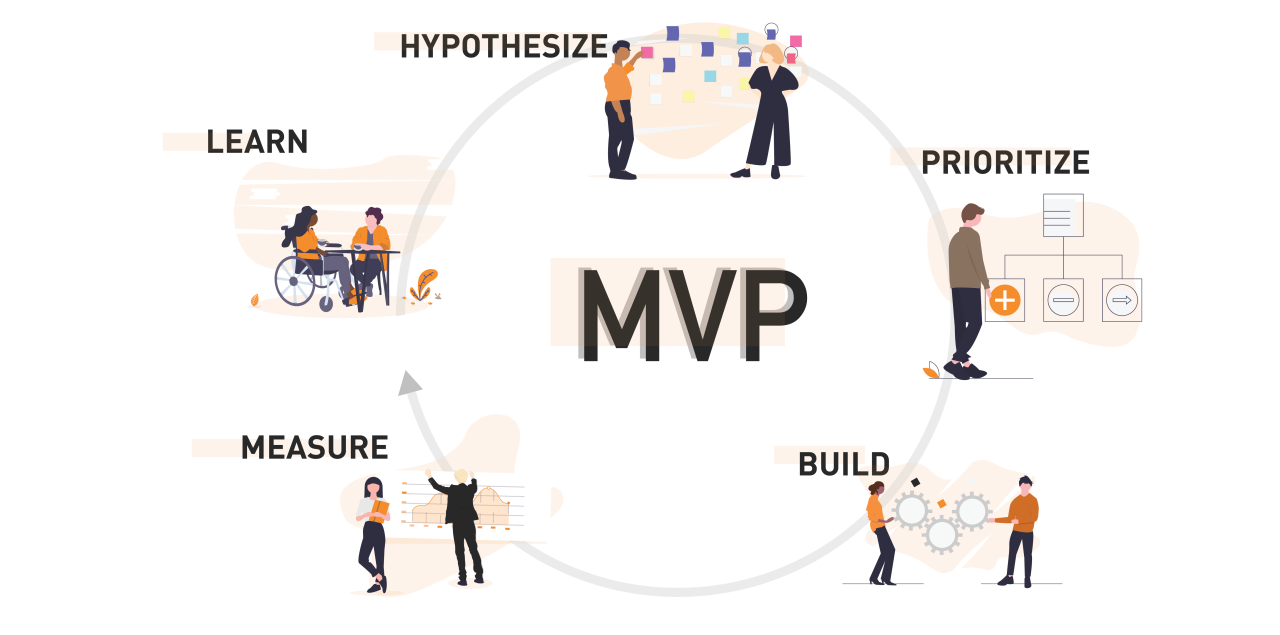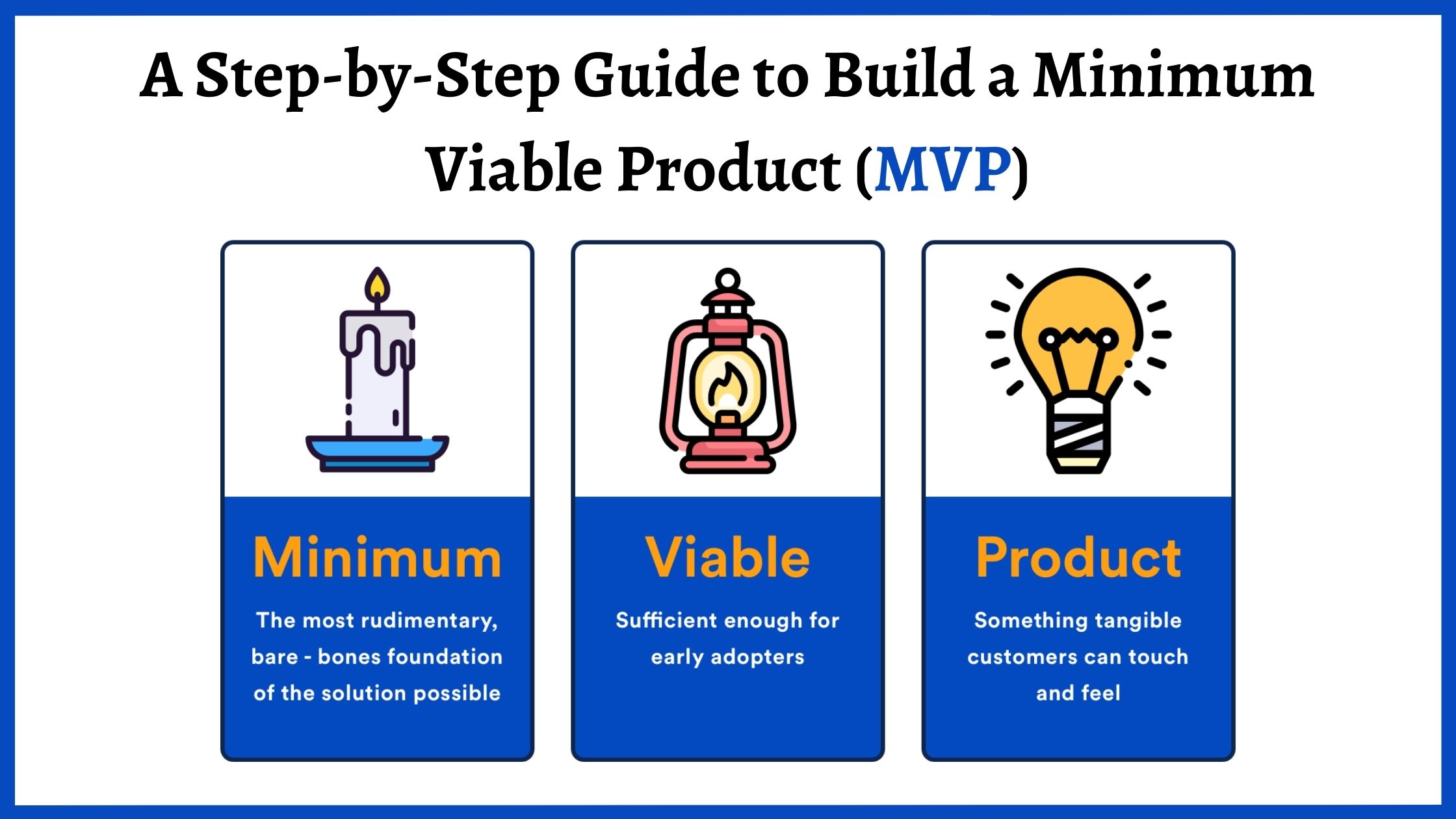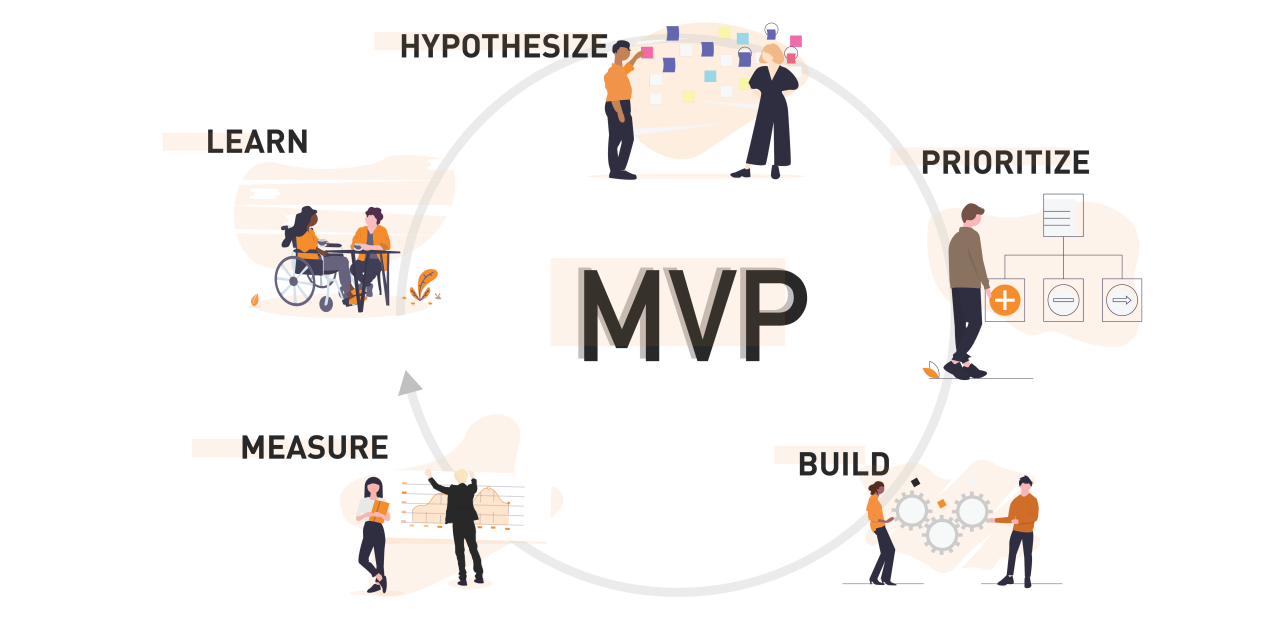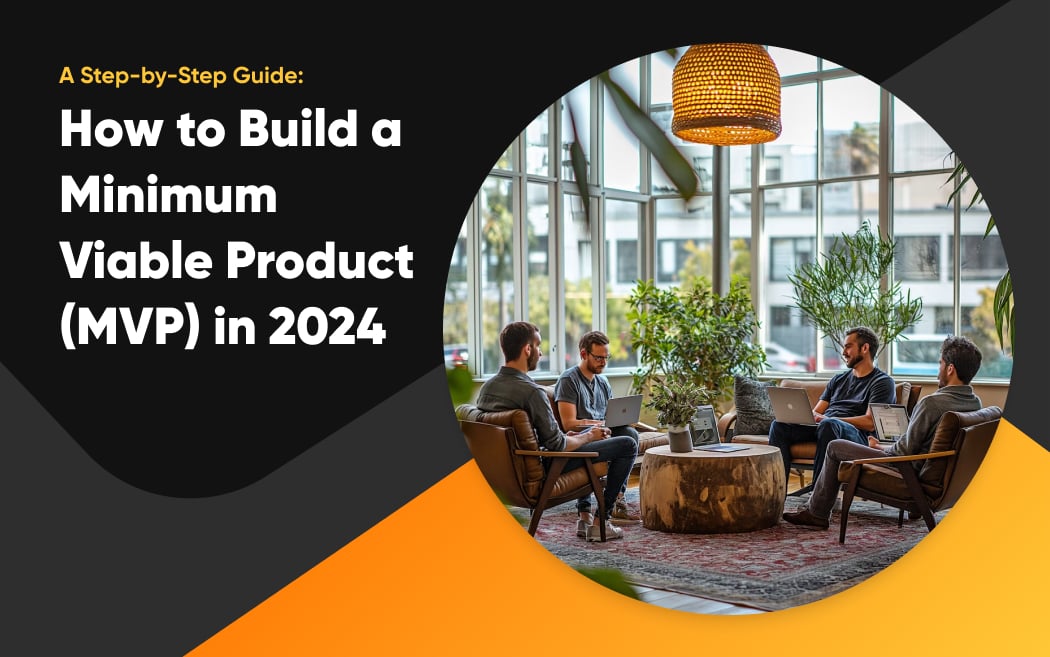Cut MVP Development Costs by 60% Without Compromising Quality
Learn proven strategies to reduce MVP development costs while maintaining product quality through lean methodologies and smart resource allocation.

According to McKinsey's research, companies waste 20-30% of their development budget on unnecessary features. Let's dive into how to avoid this trap.
Understanding True Development Costs
Breaking down the real expenses:
- Development hours
- Infrastructure costs
- Testing resources
- Marketing expenses
Smart Resource Allocation
Money spent wisely multiplies your runway. But what's "wisely" in MVP context?
Resource Distribution Framework
const resourceAllocation = {
development: 0.5, // 50% of budget
testing: 0.2, // 20% of budget
infrastructure: 0.15, // 15% of budget
marketing: 0.15 // 15% of budget
};
Lean Development Practices
Cut the fat, not the muscle. Lean isn't about being cheap - it's about being smart.
Cost-Effective Development Strategies
Consider this approach:
| Phase | Traditional Cost | Lean Cost | Savings |
|---|---|---|---|
| Planning | $10,000 | $5,000 | 50% |
| Development | $50,000 | $25,000 | 50% |
| Testing | $20,000 | $10,000 | 50% |
Infrastructure Cost Optimization
Cloud bills can kill startups. Let's prevent that.
Cloud Resource Management
Smart infrastructure choices:
- Serverless architecture
- Pay-as-you-go models
- Resource scaling rules
Development Team Structure
The right team structure can cut costs dramatically.
Team Composition Options
Different approaches to team building:
- Full-time vs. contractors
- Local vs. remote
- Specialists vs. generalists
Technology Stack Selection
Your tech stack choices impact both initial and long-term costs.
Cost-Effective Tech Choices
Consider these factors:
- Development speed
- Maintenance costs
- Scalability expenses
- Learning curve costs
Testing Strategy Optimization
Smart testing saves money by catching problems early.
Cost-Effective Testing Approaches
Implement these testing levels:
- Unit testing (critical paths)
- Integration testing (core features)
- User acceptance testing (main flows)
Minimum Feature Set Definition
Feature creep is expensive. Let's stop it before it starts.
Feature Selection Criteria
Rate each feature against:
- Market demand
- Development cost
- Maintenance burden
- Revenue potential
Marketing Budget Optimization
Marketing doesn't have to be expensive to be effective.
Cost-Effective Marketing Channels
Focus on these channels:
- Content marketing
- Social media presence
- Community building
- SEO optimization
Development Process Optimization
Streamline your development process to cut waste.
Process Improvement Areas
Key areas for optimization:
- Communication channels
- Development workflows
- Code review processes
- Deployment procedures
Quality Assurance Economics
Quality isn't expensive - bugs are.
Cost-Effective QA Strategies
Implement these practices:
- Automated testing
- Continuous integration
- Peer code reviews
- User feedback loops
Vendor Management Strategies
Smart vendor choices can save significant money.
Vendor Selection Framework
Consider these factors:
- Initial costs
- Long-term expenses
- Support quality
- Integration complexity
Technology Debt Management
Technical debt isn't always bad - but it needs management.
Technical Debt Strategy
Categorize debt by:
- Impact on users
- Future cost implications
- Resolution urgency
- Resource requirements
Outsourcing vs. In-house Development
Choose the right development approach for your budget.
Cost Comparison Framework
Analyze these aspects:
- Hourly rates
- Management overhead
- Communication costs
- Quality control expenses
Release Strategy Planning
Smart release planning reduces waste.
Release Optimization Framework
Plan releases around:
- Market timing
- Resource availability
- Feature completeness
- User feedback cycles
Frequently Asked Questions
Q: What's the minimum budget needed for an MVP? A: $15,000-$30,000 for a basic software MVP with core functionalities.
Q: How long should MVP development take? A: 2-3 months for a focused MVP with clear requirements.
Q: Should I use offshore development to save costs? A: Consider offshore development for non-core features while keeping critical development in-house.
Q: How much should I spend on marketing the MVP? A: Allocate 15-20% of your total budget for initial marketing efforts.
Q: When should I start scaling the development team? A: Scale after reaching 70% user satisfaction and clear market validation.
Q: How do I balance quality and cost in MVP development? A: Focus spending on core features that directly validate your market assumptions.
Conclusion
Cost optimization in MVP development isn't about cutting corners - it's about smart resource allocation. Focus on what matters most to your users and market validation.
Recommended Services
- MVPAgency - Cost-effective MVP development
- DigitalOcean - Affordable cloud infrastructure
- GitHub - Development workflow optimization




